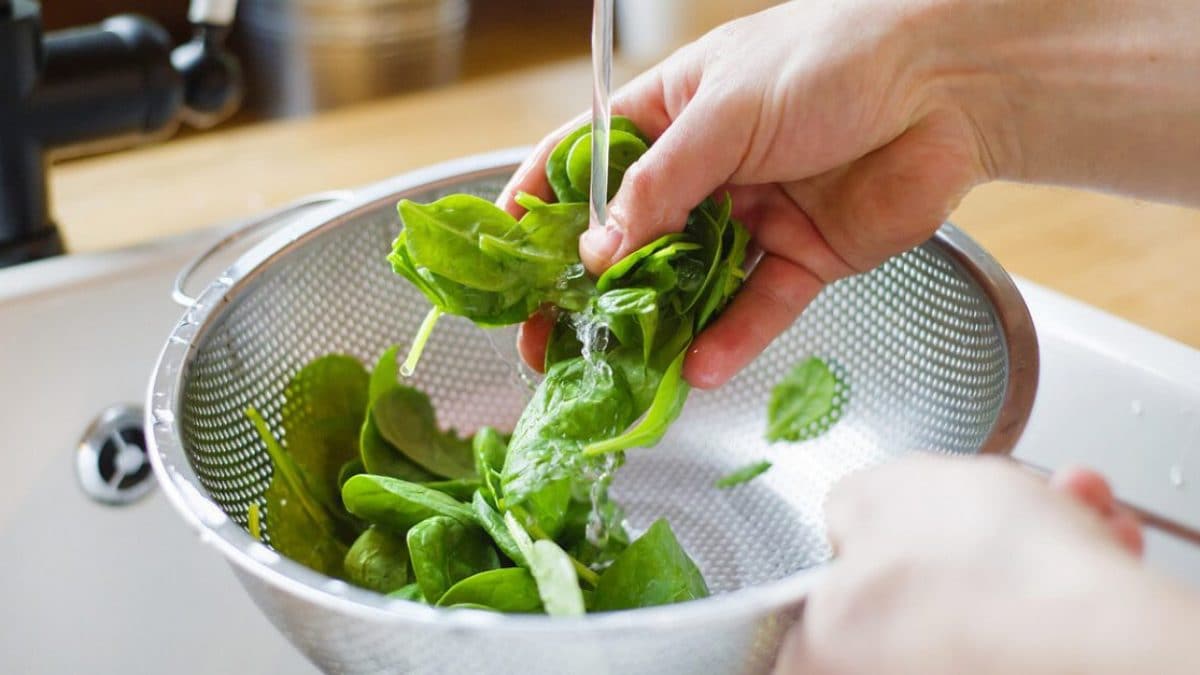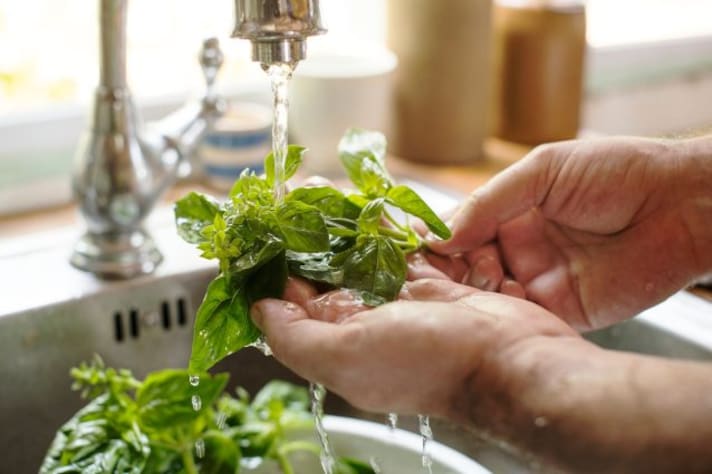
Basil, with its lush green leaves and aromatic presence, is a favorite among herbs for both culinary enthusiasts and professional chefs alike. Its versatility allows it to enhance both savory dishes, like pesto and pasta, and sweet treats, such as infused desserts and beverages. However, when it comes to handling basil, particularly when preparing to store it, a common query arises: to wash or not to wash? Here’s why you might want to skip the rinse.
Why Washing Basil for Storage is Not Advised
The primary reason not to wash basil before storing it is the risk of damage to the delicate leaves. Basil leaves are particularly sensitive to being handled and wet; moisture can be a catalyst for decay. When basil leaves are washed and not thoroughly dried, they retain excess moisture. This dampness can lead to rapid deterioration and mold, robbing them of their vibrant color and pungent flavor.

Additional Reasons to Avoid Washing Basil
Beyond the risk of physical damage and accelerated spoiling, washing basil can also diminish its aromatic oils. These oils are responsible for basil's distinct and beloved fragrance. When washed, the force of water can bruise the leaves, causing them to release their oils prematurely. This results in a less flavorful herb once it's finally used in cooking.
Proper Preparation of Basil for Storage
To prepare basil for storage without washing, start by gently picking the leaves from the stems if you wish to store them separately. If you keep the leaves on the stems, trim the ends slightly before storage. Wrap the basil gently in a dry paper towel to absorb any natural moisture that may occur and place it in an airtight container or a loosely closed plastic bag. Store the basil in the refrigerator's crisper drawer to maintain freshness.

When You Must Wash Basil
While it's generally best to avoid washing basil before storing it, there are times when washing is necessary. If your basil is visibly dirty or has been exposed to pesticides and you plan to use it immediately in cooking, a gentle rinse under cold water can be appropriate. Ensure to dry the leaves thoroughly with a salad spinner or a gentle pat down with paper towels to minimize any potential damage.
;Resize,width=767;)
